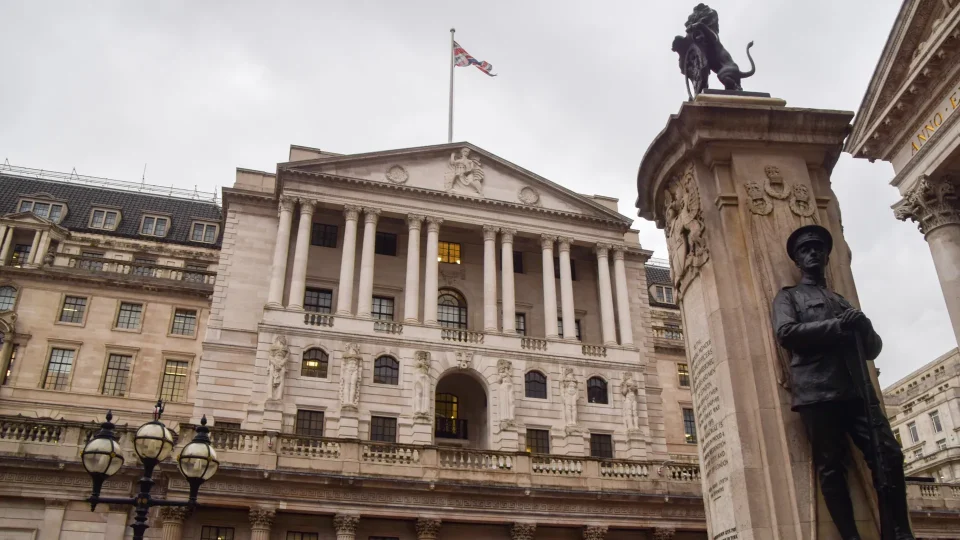On Thursday, the Bank of England (BoE) raised its interest rates by 50 basis points (bps) or half a percentage point, a bigger-than-expected rise. The benchmark rate has been hiked from 0.1% to 5% in 13 consecutive increases since the end of 2021 as policymakers grapple with persistently high inflation.
The BoE’s Monetary Policy Committee (MPC) voted 7-2 to raise its primary interest rate to its highest level since 2008 in the most significant rate hike since February. The MPC said in its summary on Thursday, “There has been significant upside news in recent data that indicates more persistence in the inflation process.”
Expectations for BoE rate tightening have recently surged, sharply raising the cost of new mortgages. Earlier, market participants expected around a 60% chance of a 25 basis point hike. After higher-than-expected inflation data released on Wednesday, the chances of a rise to 5% increased to 50%.
The official figures showed annual U.K. consumer price inflation was 8.7% in May, unchanged from the previous month. The underlying inflation rose to its highest since 1992,
cementing market expectations that the MPC would opt for another hike.
The Bank of England’s rate hike follows the European Central Bank’s decision last week to raise interest rates by a quarter point to 3.5%. Although all developed economies saw a comparable post-Covid pandemic downpour of inflationary pressures, headline inflation in the United Kingdom is decelerating at a far slower rate.
After Thursday’s decision, expectations of financial markets regarding the peak BoE’s Bank Rate by the end of the year increased to as high as 6%.
 Live
Live

